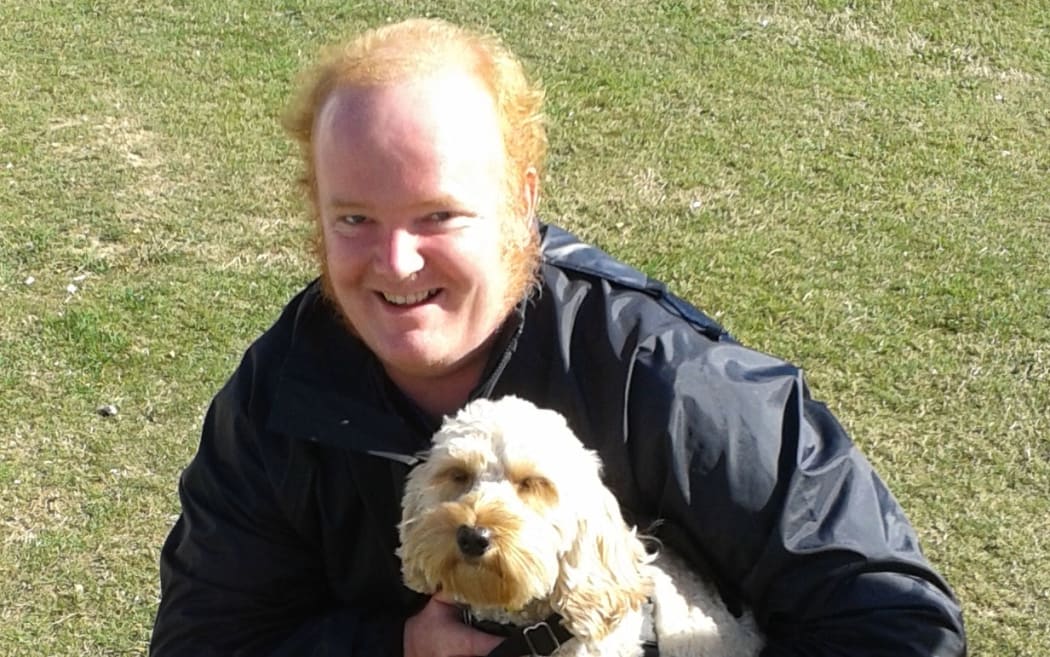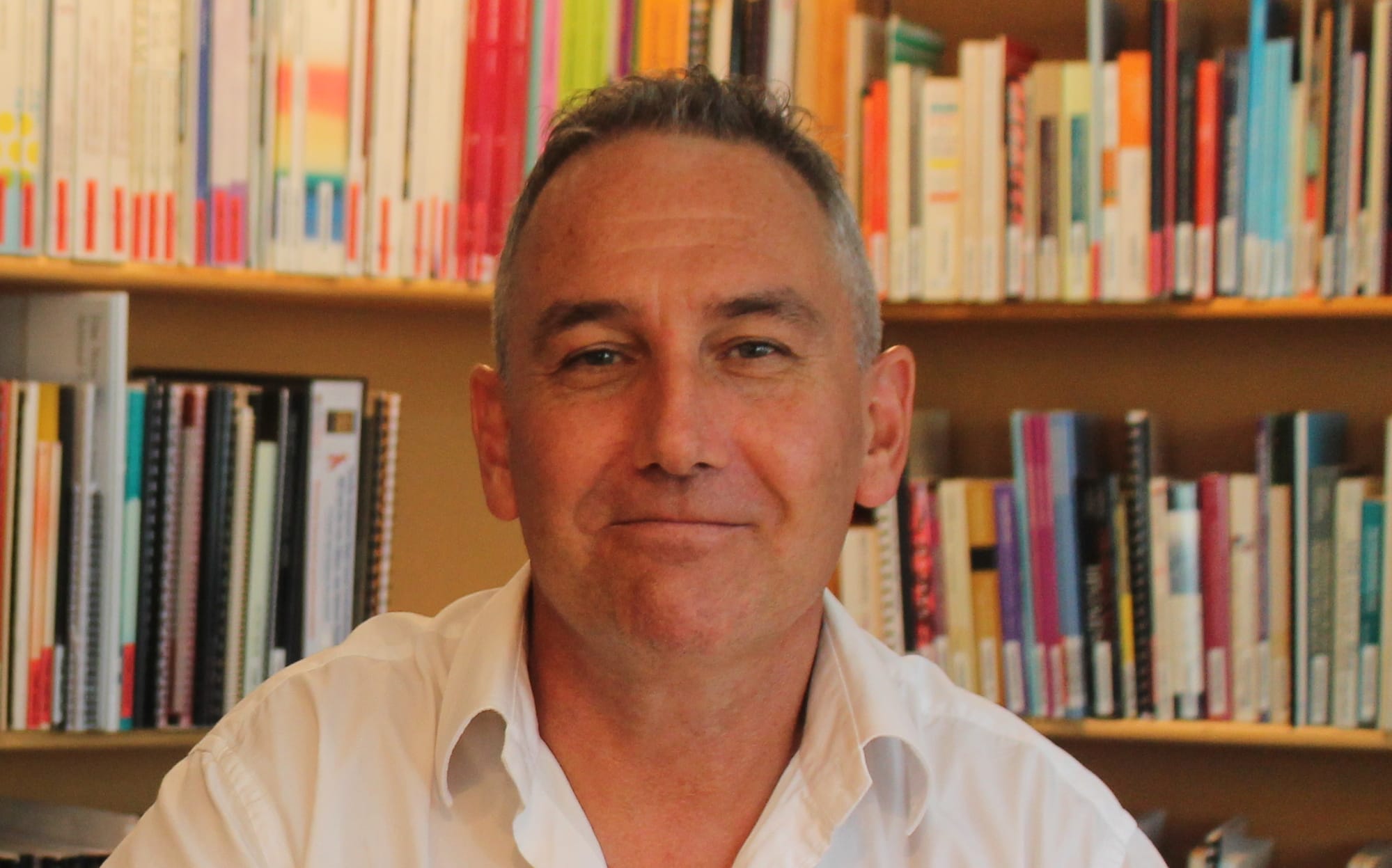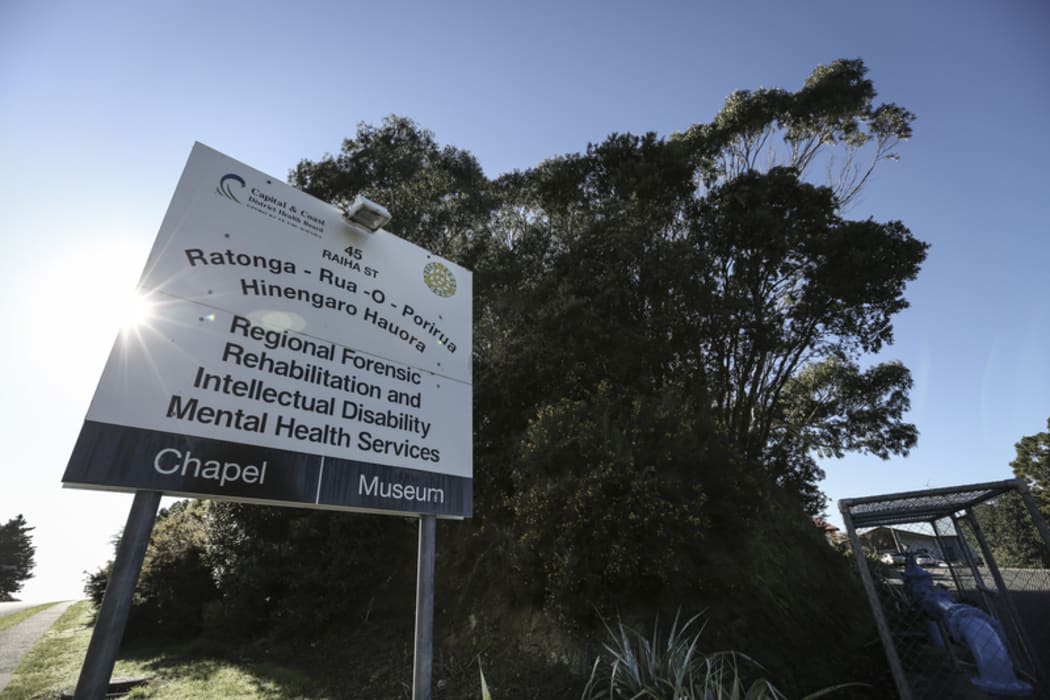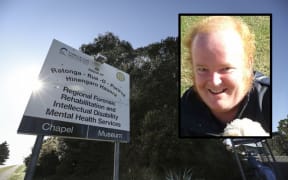The Mental Health Foundation says the "barbaric" use of seclusion for patients who are in long-term care is a cause for national shame.
A report from Chief Ombudsman Peter Boshier found the detention of 35-year-old Ashley Peacock in a tiny room, with just a mattress and urine bottle, was cruel, inhuman and degrading.

Ashley Peacock Photo: SUPPLIED / David Peacock
Mental Health Foundation chief executive Shaun Robinson said seclusion was completely inappropriate and should be a thing of the past.
"There seems to be a fairly minimal commitment by government and by many DHBs to actually ending this, what is really quite a barbaric practice."
He said money, resources and commitment needed to be put towards alternatives to seclusion.

Mental Health Foundation chief executive Shaun Robinson Photo: RNZ / David Steemson
Mr Peacock's parents have demanded his release, and he has received support from the Green Party, the Human Rights Commission, and severe-autism specialists.
Judge Boshier's report, based on visits made to the Tāwhirimātea Unit run by Capital and Coast DHB, was made public under the Official Information Act on Friday.
It recommended Mr Peacock be moved urgently to a more appropriate facility, but also noted that recommendation had already been made twice.

Photo: RNZ / Rebekah Parsons-King
Greens urge mental health system inquiry
The Green Party said the lack of action over Mr Peacock's treatment revealed systemic problems within mental health services.
Green MP, Kevin Hague, called for an inquiry into the country's mental health care, and said this was another case where the Health Minister was satisfied with substandard care.
"The DHB it seems to me is saying it's all too complicated as a bit of a rationale for their having done nothing.
Minister Coleman simply has to decide which side he's on. Is this acceptable to him - because if it isn't acceptable to him then he must act."
He said many of the problems stemmed from a lack of resources and oversight of the sector.
Associate Health Minister Sam Lotu-Iiga said yesterday the ministry had reassured him Mr Peacock was being cared for in the best way possible, being held in seclusion for only an hour per day on average.
Call to re-establish Mental Health Commission
Auckland University mental health lecturer Anthony O'Brien said re-establishing the Mental Health Commission would be a step in the right direction.
"We have people held in detention for reasons of mental illness and that's very contentious," he said.
"That's why we need to have good oversight of the rights of people who are held in that way and disestablish the Mental Health Commission I think has been a step backwards for the rights of people with mental illness."
Mr O'Brien said Mr Peacock's case was extremely complex, but a solution needed to be found urgently.




